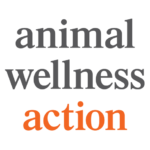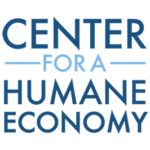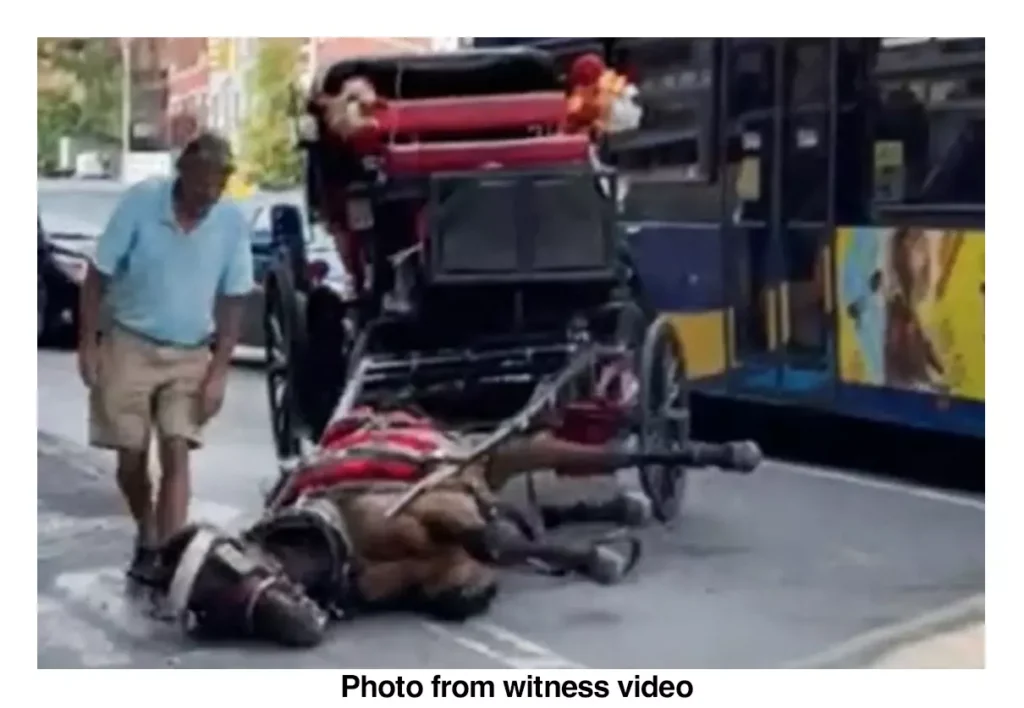Press Release


- For Immediate Release:
- Contact
- Kate Schultz, senior attorney
- (858) 342-0398
- kate@animalwellnessaction.org
Animal Welfare Advocates Seek ‘Energetic’ Investigation of NYC Carriage Horse Industry
Concerns Extend to Treatment of 160 NYC Carriage Horses and Suspicions of Illegality, Document Fraud
Animal Wellness Action and the Center for a Humane Economy have called on the Manhattan (New York) District Attorney’s office to investigate the collapse of Ryder, the working carriage horse whose collapse on a New York City street on August 10, 2022, elicited gasps across the globe.
Images and video of the stricken horse – on his side in the road, whipped by his driver and eventually hosed down to revive him – quickly became viral and drew fresh, stark attention to the plight of carriage horses everywhere. Advocates and animal-lovers are showcasing the incident to push for passage of NYC legislation that would ban the antiquated frivolousness that subjects horses to harsh and almost always unsafe conditions for the sake of brief tourist rides downtown.

The groups sent two letters to District Attorney Alvin Bragg, which were signed by their National Law Enforcement Council. Bragg’s jurisdiction includes the potential animal cruelty case of Ryder. Written and signed by council co-chairs Josh Marquis, D.A. of Clatsop County (Oregon) from 1994-2018, and Drew Edmondson, Oklahoma Attorney General from 1995-2011, the correspondence strongly encourages Bragg to use the power of his office to initiate an “energetic investigation” of what happened to Ryder.
Marquis and Edmondson are members of the National Law Enforcement Council of Animal Wellness Action. The 27-member group includes current and former local and state prosecutors, attorneys general, and other law enforcement professionals who support fortifying the legal framework against animal cruelty and seeing that animal welfare laws are robustly enforced at all levels of government.
“As fellow members of law enforcement who believe that a modern prosecutor’s duty is not merely to file and try cases, but to initiate cases where we protect the defenseless, we earnestly encourage you to treat matters of animal mistreatment and neglect with careful scrutiny,” they wrote. “We write to you today, to encourage you as our peer and the Manhattan District Attorney to seek and ensure a comprehensive, forensic veterinary examination of Ryder, both to find out what happened and whether a case for prosecution exists.”
Full text of the letters is available here and here. They were emailed to the D.A.’s Manhattan Office by the groups’ senior attorney Kate Schultz, a former animal cruelty prosecutor in the Queens County District Attorney’s Office.
“The New York City Council has a responsibility to pass a law to drive an overdue transition away from carriage horses and to electric carriages,” said Wayne Pacelle, president of Animal Wellness Action and the Center for a Humane Economy. “But at the same time, D.A. Bragg also should take a very close look at the recklessness of Ryder’s owner in overworking a sick, ailing, malnourished horse.”
Legal experts with the groups say the details of what happened to Ryder suggest not only possible animal cruelty offenses, but also potential crime(s) involving fraudulent documentation. The incident involving Ryder – and multiple other horses this summer – creates serious concerns for animal welfare, tourism, and government accountability.
The authors point out that it was in New York where concerned citizens worked to form the first anti-cruelty organization in the United States in 1866 , when it focused on the overwork and abuse of horses tasked with moving heavy loads on early urban streets.
“There are few more quintessential instances of conduct that fit so solidly the elements of, and even historical impetus behind, New York City’s animal cruelty statute … than what has happened to Ryder,” the authors write.
Since Ryder’s collapse, Animal Wellness Action and the Center for a Humane Economy have been tracking the horse’s whereabouts and well-being. They have been inundated with calls and emails inquiring about the animal and encouraging passage of pending NYC legislation, called Intro 573. It would end the use of horses for carriage rides and replace existing carriages with electric ones, which would be available for tours without entailing animal cruelty.
Animal Wellness Action (Action) is a Washington, D.C.-based 501(c)(4) organization with a mission of helping animals by promoting legal standards forbidding cruelty. We champion causes that alleviate the suffering of companion animals, farm animals, and wildlife. We advocate for policies to stop dogfighting and cockfighting and other forms of malicious cruelty and to confront factory farming and other systemic forms of animal exploitation. To prevent cruelty, we promote enacting good public policies and we work to enforce those policies. To enact good laws, we must elect good lawmakers, and that’s why we remind voters which candidates care about our issues and which ones don’t. We believe helping animals helps us all.
The Center for a Humane Economy (“the Center”) is a non-profit organization that focuses on influencing the conduct of corporations to forge a humane economic order. The first organization of its kind in the animal protection movement, the Center encourages businesses to honor their social responsibilities in a culture where consumers, investors, and other key stakeholders abhor cruelty and the degradation of the environment and embrace innovation as a means of eliminating both.